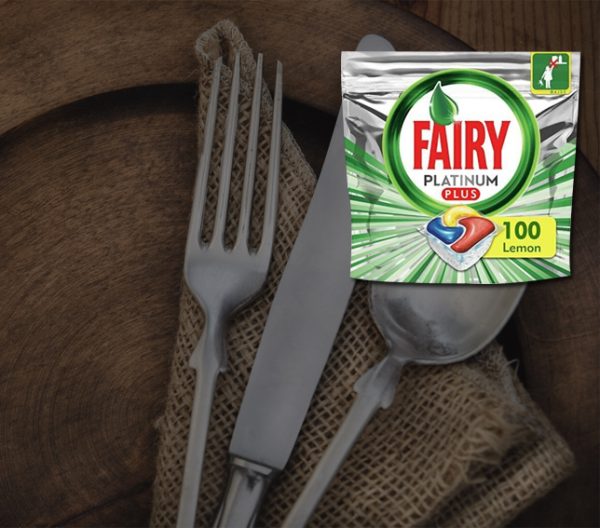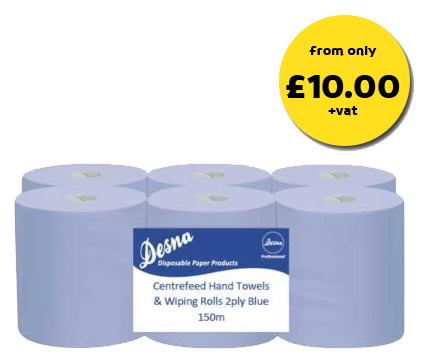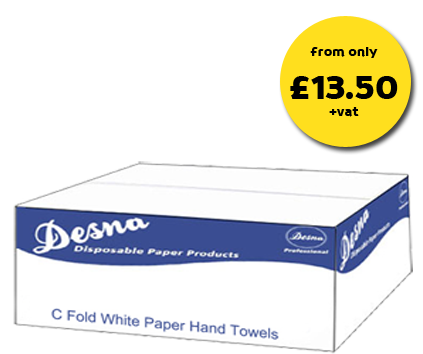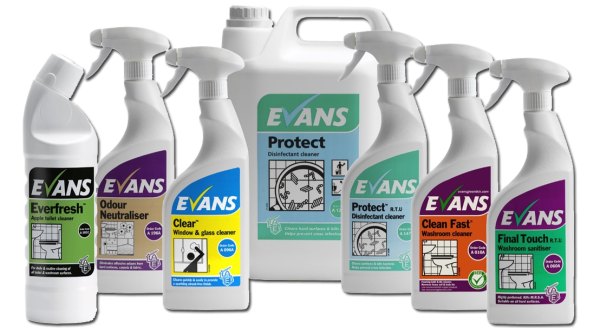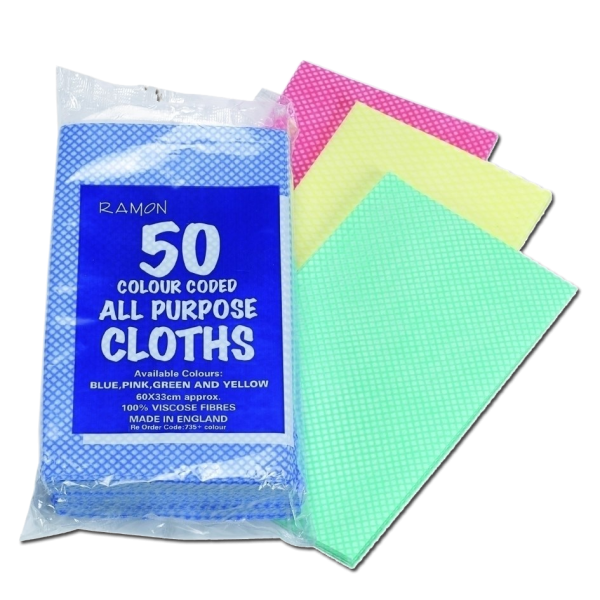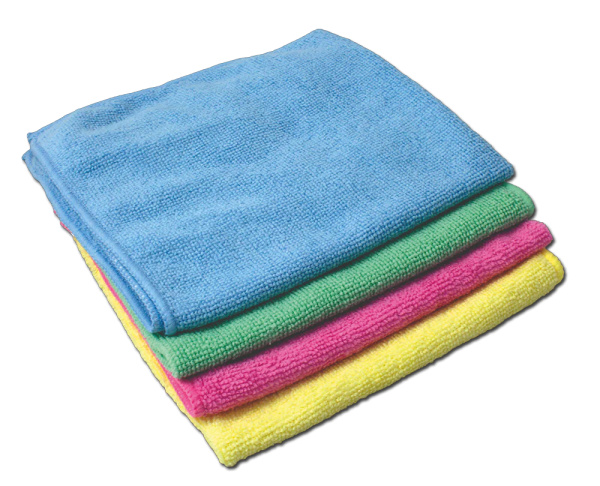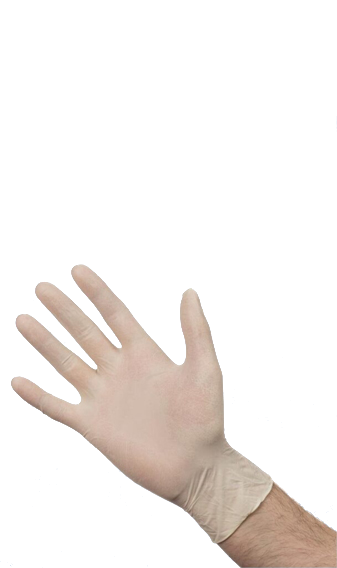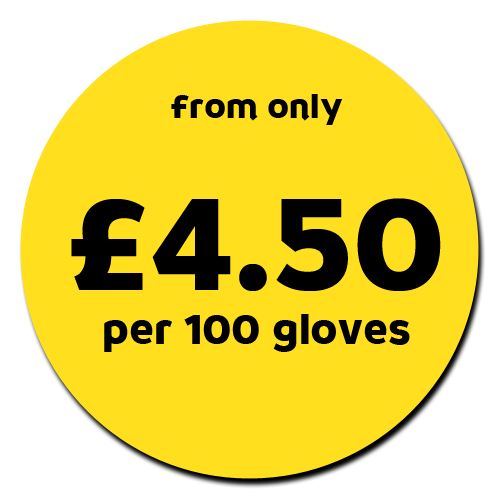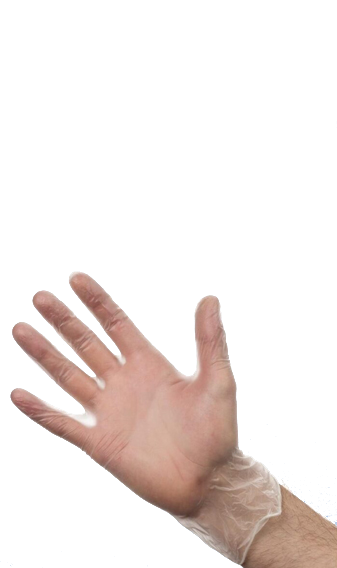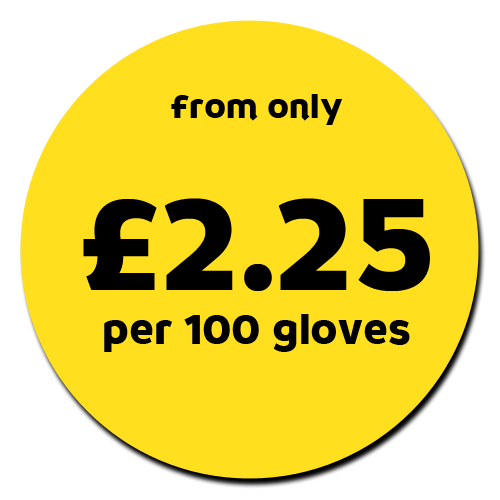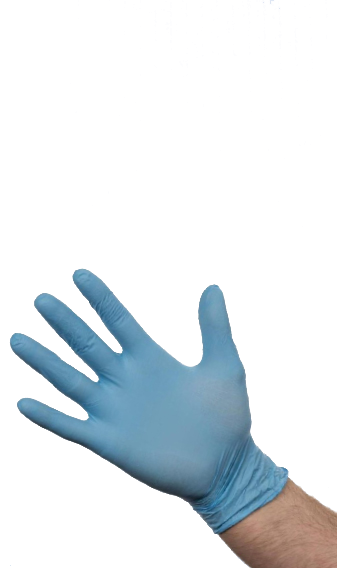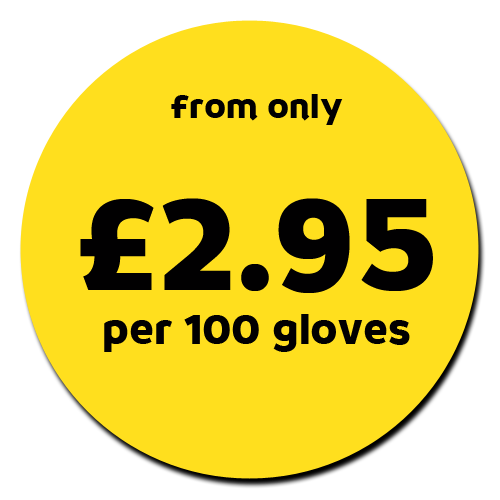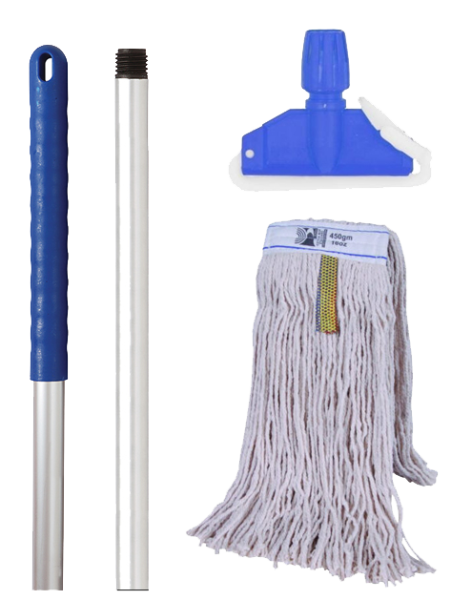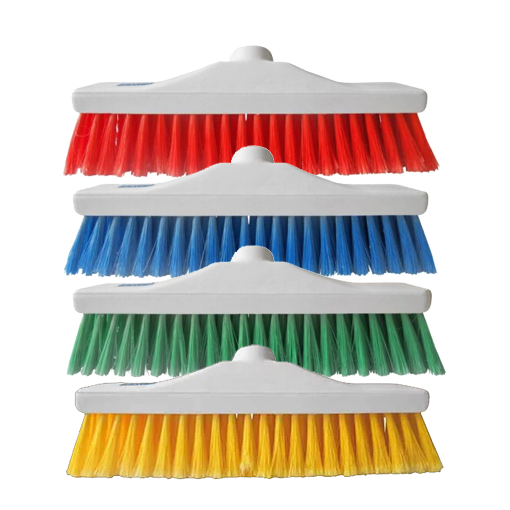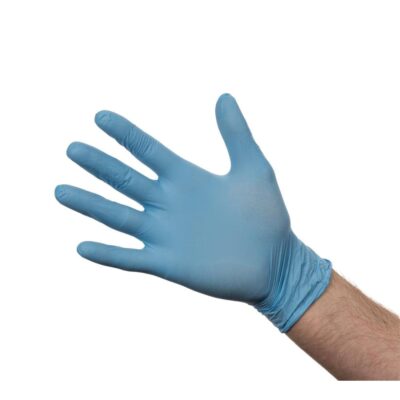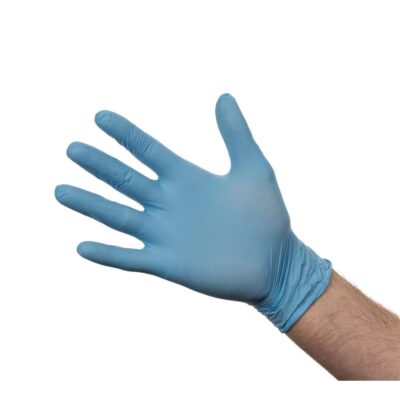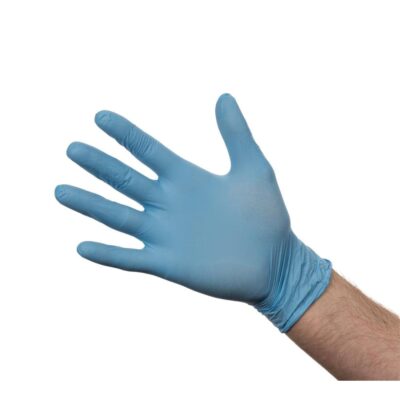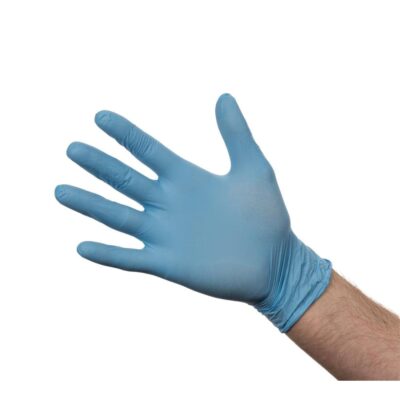PRODUCT CODE: 2243
PRODUCT CODE: 2253
PRODUCT CODE: 3138
PRODUCT CODE: 3041
Nitrile disposable gloves are versatile and find applications in a wide range of industries and everyday tasks. Their durability, resistance to chemicals, and latex-free nature make them a popular choice. Here are some of the main uses for nitrile disposable gloves:
- Medical and Healthcare Settings: Nitrile gloves are commonly used in healthcare facilities, including hospitals and clinics, for medical examinations, surgeries, and patient care. They offer protection against blood-borne pathogens and are latex-free, making them suitable for individuals with latex allergies.
- Dental Procedures: Dentists and dental hygienists use nitrile gloves to protect against infectious materials and chemicals during dental examinations and procedures.
- Laboratories and Scientific Research: Scientists, researchers, and laboratory technicians wear nitrile gloves to handle chemicals, biological samples, and potentially hazardous materials. Nitrile gloves offer excellent chemical resistance and protection against contamination.
- Food Handling: Disposable gloves are used in the food industry to maintain food safety and prevent cross-contamination. They are particularly useful when handling greasy or oily foods.
- Auto Repair and Maintenance: Disposable gloves are worn by mechanics and automotive technicians to protect hands from oils, grease, solvents, and chemicals while working on vehicles.
- Janitorial and Cleaning Services: Nitrile gloves provide protection when handling cleaning chemicals and coming into contact with potentially harmful substances during cleaning and janitorial work.
- Tattoo and Body Piercing: Tattoo artists and body pierces use nitrile gloves to reduce the risk of infection and maintain a sterile environment when working with clients.
- Pharmaceutical Manufacturing: In pharmaceutical facilities, nitrile gloves are used to maintain a sterile environment and protect against contamination during drug manufacturing and packaging.
- Hairdressing and Beauty Services: Beauty professionals use nitrile gloves when applying hair dyes, hair treatments, and performing various beauty procedures to protect both the client and themselves.
- Childcare and Diaper Changing: Disposable gloves are handy for caregivers when changing diapers, as they offer protection against bodily fluids.
- Gardening: When working in the garden, nitrile gloves protect hands from soil, dirt, thorns, and potential irritants.
- Pet Care: Nitrile gloves are useful for handling pets, such as administering medications, cleaning up waste, and grooming, while keeping hands clean and protected.
- Painting and Home Improvement: Disposable gloves help maintain hand hygiene and protect against paint, stains, and solvents during painting and home improvement projects.
- First Aid and Emergency Response: Nitrile gloves are essential for first responders, paramedics, and anyone providing first aid in emergencies to ensure hygiene and protect against blood-borne pathogens.
- Industrial and Manufacturing: Disposable gloves are used in various industrial applications to protect workers from chemicals, oils, and other hazardous materials.
Nitrile gloves are preferred in many of these applications due to their high chemical resistance, durability, and latex-free nature. When choosing gloves, it’s important to consider the specific requirements of the task and the potential for latex allergies among users.
17 questions to ask when choosing disposable gloves?
When choosing disposable gloves for a specific task or application, it’s important to consider various factors to ensure that the gloves provide the necessary protection and functionality. Here are some key questions to ask when selecting disposable gloves:
- What is the Purpose or Application?
- Determine the specific task or application for which the gloves will be used. Different tasks may require different types of gloves.
- What Type of Material is Suitable?
- Consider whether latex, nitrile, vinyl, or another material is most appropriate for the task.
- Are there any latex allergies to be aware of?
- What Size Do I Need?
- Ensure you select the right glove size for a comfortable and secure fit. Ill-fitting gloves can compromise dexterity and protection.
- What Level of Protection is Required?
- Determine the potential hazards involved in the task, such as chemicals, pathogens, or mechanical risks, and choose gloves with the appropriate level of protection.
- Do the Gloves Need to Meet Any Standards or Regulations?
- Depending on the industry or task, there may be specific regulations or standards that the gloves must meet.
- Are Chemical Resistance and Barrier Properties Important?
- If handling chemicals, make sure the gloves offer adequate chemical resistance.
- How Durable Should the Gloves Be?
- Consider the expected duration of use. Some tasks may require more durable gloves that can withstand prolonged wear.
- Is Sensitivity and Dexterity Important?
- For tasks requiring fine motor skills, look for gloves that provide good sensitivity and dexterity.
- Will the Gloves be Single-Use or Reusable?
- Determine if the gloves need to be disposable for single use or if they can be reused after proper cleaning.
- Are Powdered or Powder-Free Gloves Preferred?
- Some people prefer powder-free gloves, as powdered gloves can cause skin irritation or allergies.
- What is the Glove’s Tensile Strength and Puncture Resistance?
- Assess the glove’s ability to withstand tearing, punctures, and other forms of mechanical damage.
- Is AQL (Acceptable Quality Level) Important?
- AQL is a measure of the quality and defects allowed in a batch of gloves. Consider the desired AQL level for the gloves.
- Do the Gloves Need to Be Sterile?
- In medical and healthcare settings, sterile gloves may be required for certain procedures.
- What is the Cost and Budget Consideration?
- Determine your budget and find gloves that provide the required protection within your budget constraints.
- Are there Any Specific Comfort Features Needed?
- Some gloves come with features like textured fingertips, beaded cuffs, or ergonomic designs for added comfort.
- Are There Any User Preferences or Special Requirements?
- Consider any specific preferences or requirements of the users who will be wearing the gloves.
- What is the Expected Shelf Life of the Gloves?
- Consider the shelf life of the gloves to ensure they remain effective when needed.
By asking these questions and carefully evaluating the specific needs and constraints of your task or application, you can choose the most suitable disposable gloves to provide the necessary protection and comfort while minimizing potential risks.

